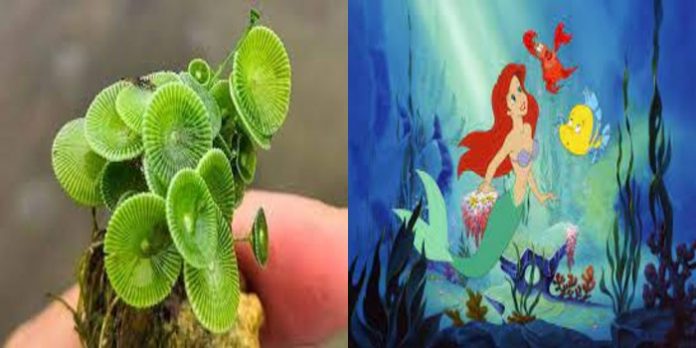Indian scientists have discovered a new plant species in India’s Andamans archipelago. Identification is laborious, and it took the scientists nearly two years to confirm that the species had been discovered for the first time. It’s the first discovery of a species of algae in the archipelago in nearly 40 years, researchers from the Central University of Punjab said.
During a trip to the island back in 2019, biologists came across a marine green algae unlike anything they’d seen before. However, it wasn’t as simple as declaring a new discovery there and then – after a long process of nearly two years and scientists from the Central University of Punjab have named the specie Acetabularia jalakanyakae. Jalakanyaka in Sanskrit literally means mermaid and a goddess of oceans. The scientists say they were influenced by the fictional character Little Mermaid in the eponymous fairy tale by Danish writer Hans Christian Anderson. “The newly discovered species is so stunning. It has caps with intricate designs as if it were umbrellas of a mermaid,” said Dr Felix Bast, who led the study. The main feature of the newly discovered species is that the plant is made up of one gigantic cell with a nucleus – botanically, the condition is called “coenocytic”. The scientists spent more than 18 months sequencing the plant DNA and comparing its form with other plants in the lab. Should levels drop too low around the Andamans Islands, the new species of algae would struggle to survive. Further findings will be documented by researchers in the Indian Journal of Geo-Marine Sciences.






















